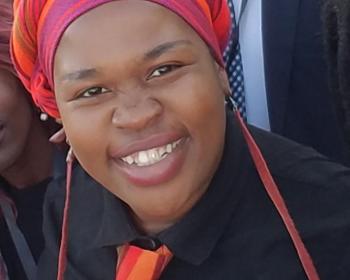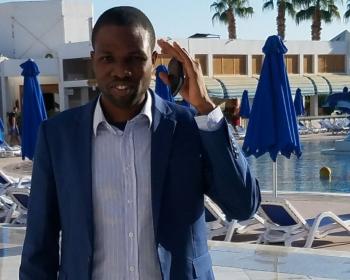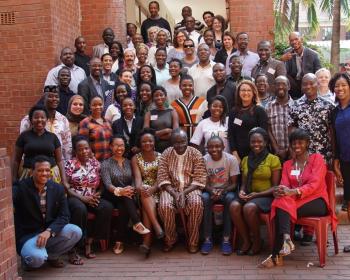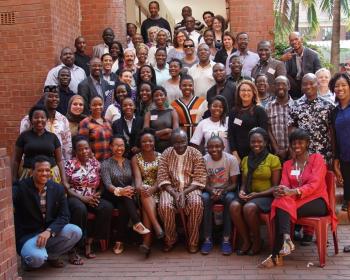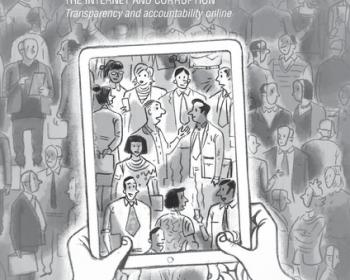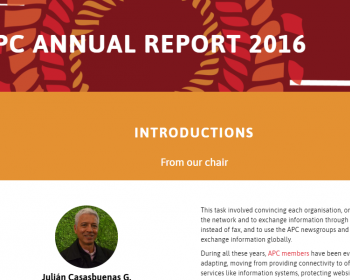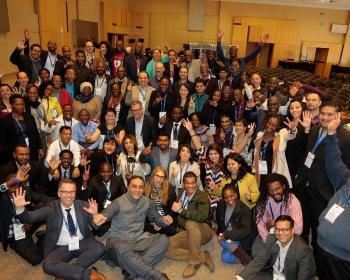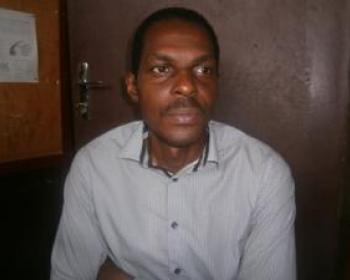internet governance
I am a young woman who grew up in the rural areas of Limpopo in South Africa, where there is not much development done, internet is regarded as a luxury, and technology is not exposed. It has therefore been much of a privilege for me to be a participant at the African School on Internet Governance.
Attending the African School on Internet Governance (AfriSIG) is my first experience in any event related to internet governance. This has given me the opportunity to interact with different stakeholders from all walks of life and I enjoyed it.
Capacity building on internet governance in Africa will take another step forward with the fifth annual African School on Internet Governance taking place in Sharm el Sheikh, Egypt.
With support from Facebook and Hivos East Africa, the Kenya ICT Action Network (KICTANet) held the first Kenya School of Internet Governance (KeSIG) in November 2016. The school aimed at bringing new voices into ICT policy dialogues.
The Association for Progressive Communications (APC) is pleased to announce the call for applications for the fifth African School on Internet Governance (AfriSIG), to be held in Sharm El-Sheikh, Egypt from 28 November to 2 December.
This year’s report of the UN Special Rapporteur on the promotion and protection of the right to freedom of expression and opinion confirmed growing attention to the impact of digital media on human rights.
The actions captured in this report reflect the energy, diversity and growth of the APC network. New members AlterMundi, from Argentina, Point of View, from India, Rhizomatica, from Mexico, Social Media Exchange (SMEX), from Lebanon, and Zenzeleni Networks, from South Africa, have added to the richness of the APC community and the breadth of our reach.
Alumni from the four editions of the African School on Internet Governance (AfriSIG) held so far are successfully moving into the internet governance space by participating in major events at both the regional and international levels.
The emergence of the internet is touted as an opportunity for women in Africa to "play catch up" after years of being "left out". But what are African women’s realities and to what extent can the internet be made accessible to them and have meaningful impact in their lives?
Serge Daho of PROTEGE QV in Cameroon attended the IGF for the first time in 2016 thanks to the APC Member Exchange and Travel Fund. The 11th annual Internet Governance Forum (IGF) took place in Guadalajara, Mexico on 5-9 December 2016.

Association for Progressive Communications (APC) 2022
Unless otherwise stated, content on the APC website is licensed under Creative Commons Attribution 4.0 International (CC BY 4.0)



